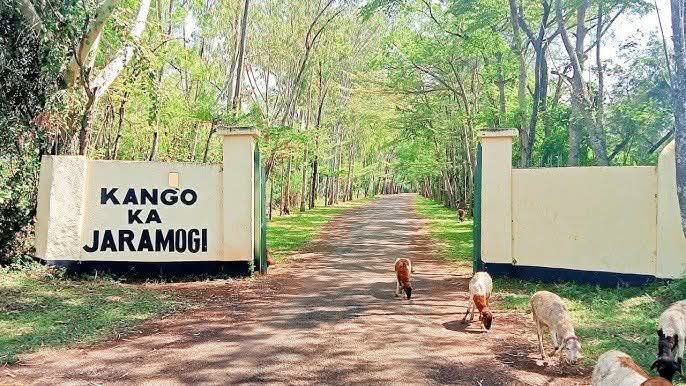Faulu Microfinance Bank is set to launch new solutions aimed at addressing financial service gaps for landlords, agents, and other stakeholders in real estate development and management.
The firm says these solutions include faster processing for unsecured loans, customized financial products for property development and improvement, payment plans aligned with rental income, streamlined application procedures, and funding for property expansion.
In the plan Faulu Bank will also offer performance-based incentives for agents and promotional opportunities for upcoming developments.
According to the bank’s CEO, Julius Ouma, the initiative aims to position Faulu as the go-to financial partner for landlords and agents, providing tailored solutions to meet the unique needs of the housing industry.
“By engaging with these groups, we aim to tap into a significant market, providing financial solutions that are tailored to unique needs and challenges of the housing industry,” said Ouma.
Faulu says that landlords and agents play crucial roles in the real estate sector by facilitating rental and sale transactions.
"Their collaboration is essential for efficient property management, tenant placement, and overall market stability," he added.
The announcement comes as Kenya's housing sector emerges as a significant contributor to the national economy, accounting for up to 10 per cent of the GDP.
Urbanisation in Kenya is accelerating at a rate of 3.7 per cent annually, with 29 per cent of the population now living in urban areas.
This growth is driving the demand for rental properties, particularly affordable housing options such as single rooms, bedsitters, and one-bedroom apartments.
In 2019, Nairobi saw the construction of 3,940 one-room units, an 84 per cent increase from 2015, according to the Kenya National Bureau of Statistics (KNBS).
Despite the sector's rapid expansion, challenges remain in providing flexible products and easy access for borrowers and potential homeowners.
The KNBS report also highlights advancements in construction technologies and processes for buying, selling, and renting properties as critical factors in the sector's transformation.
















